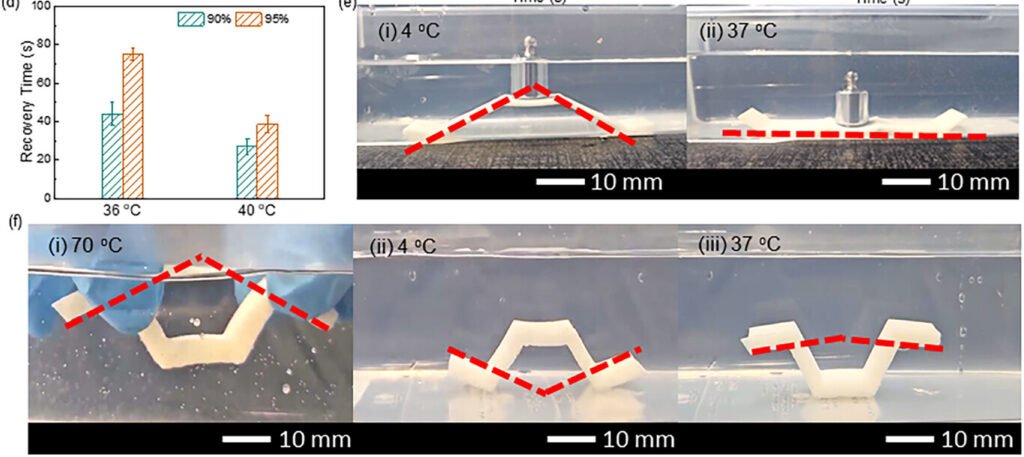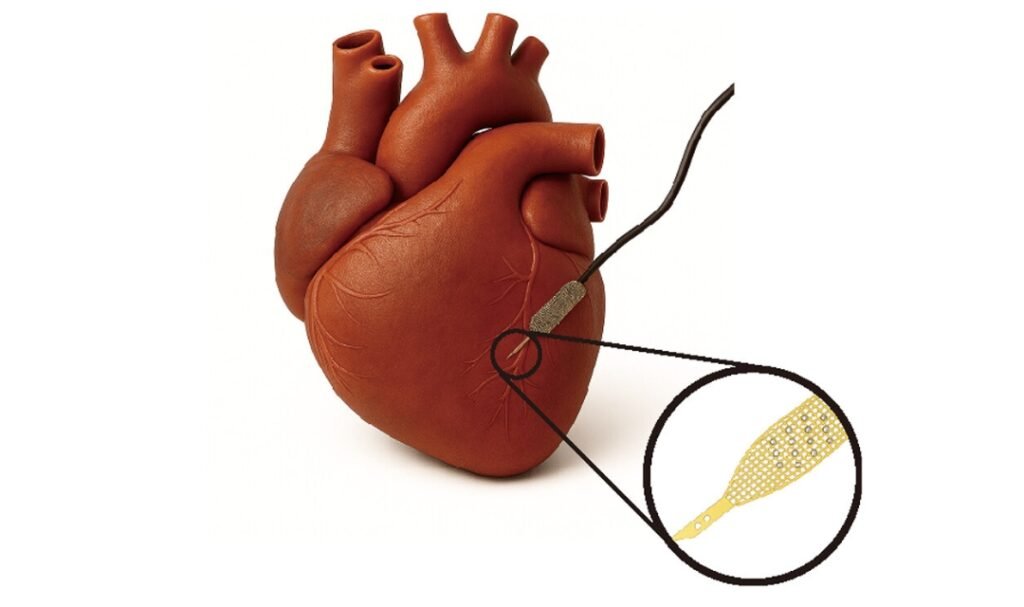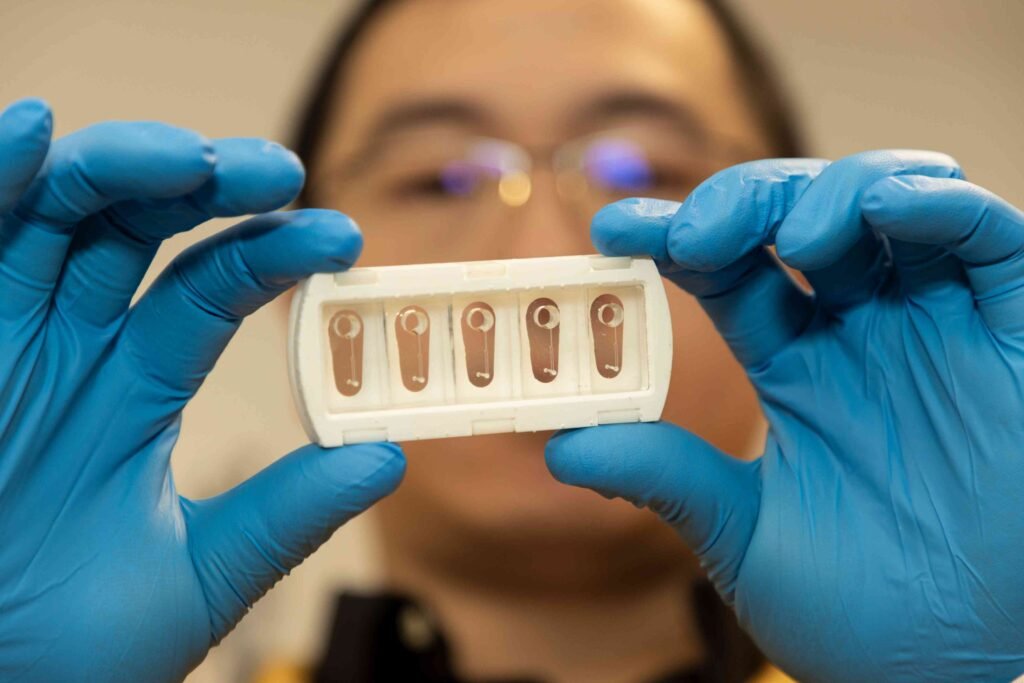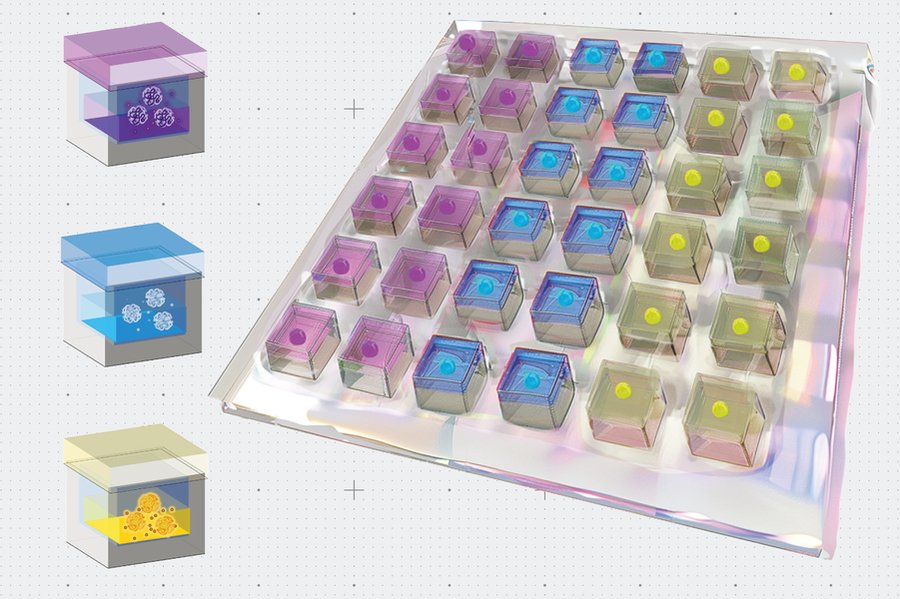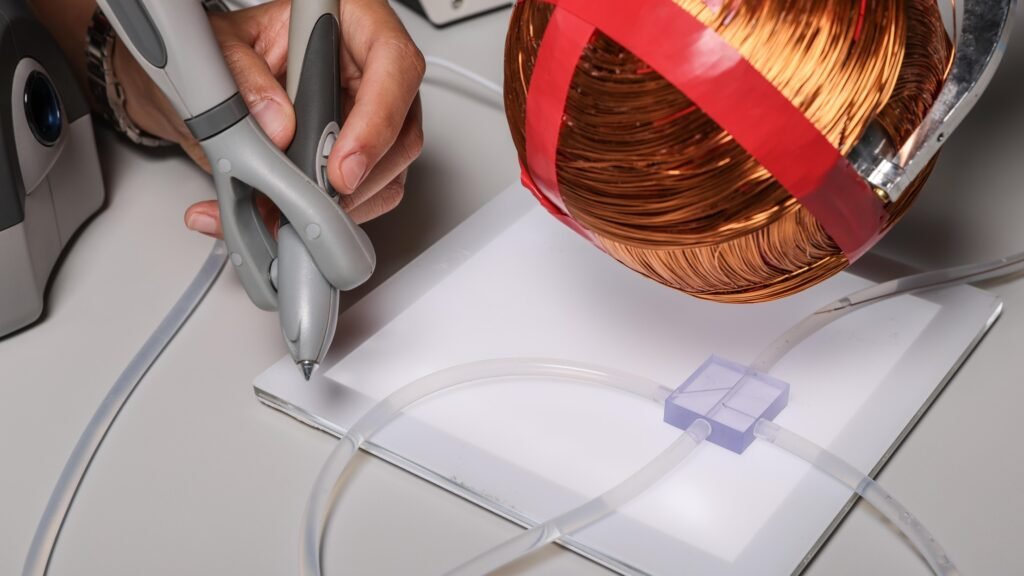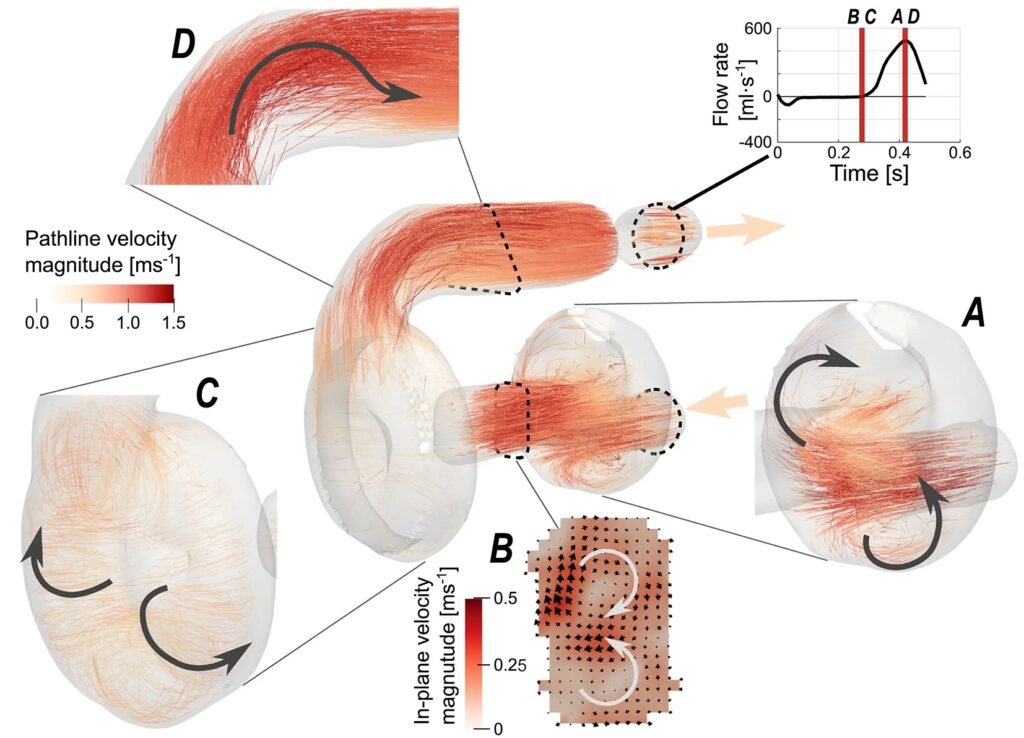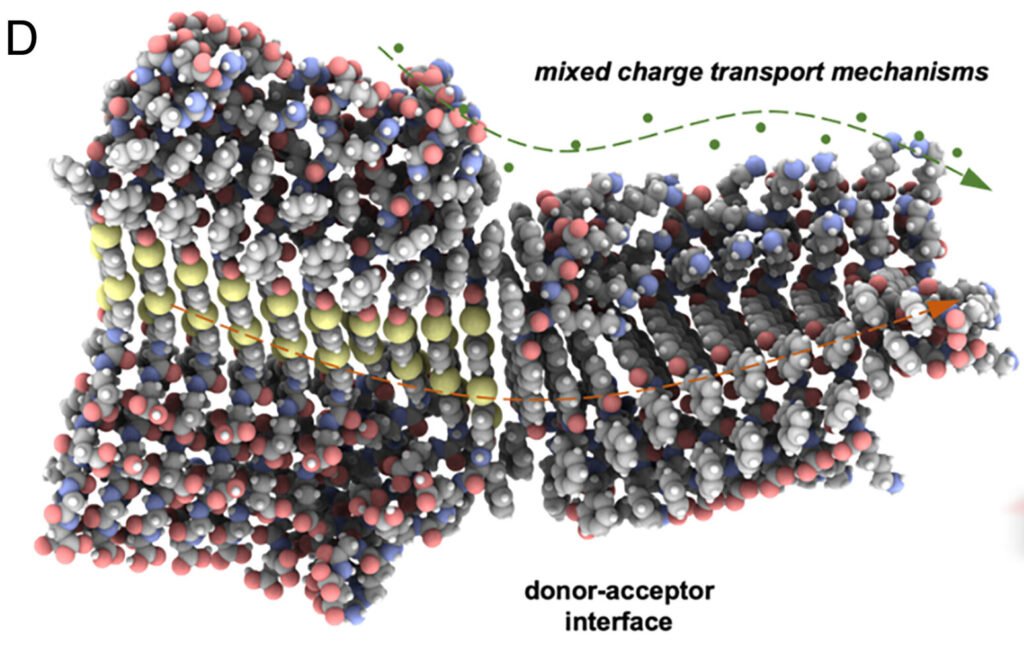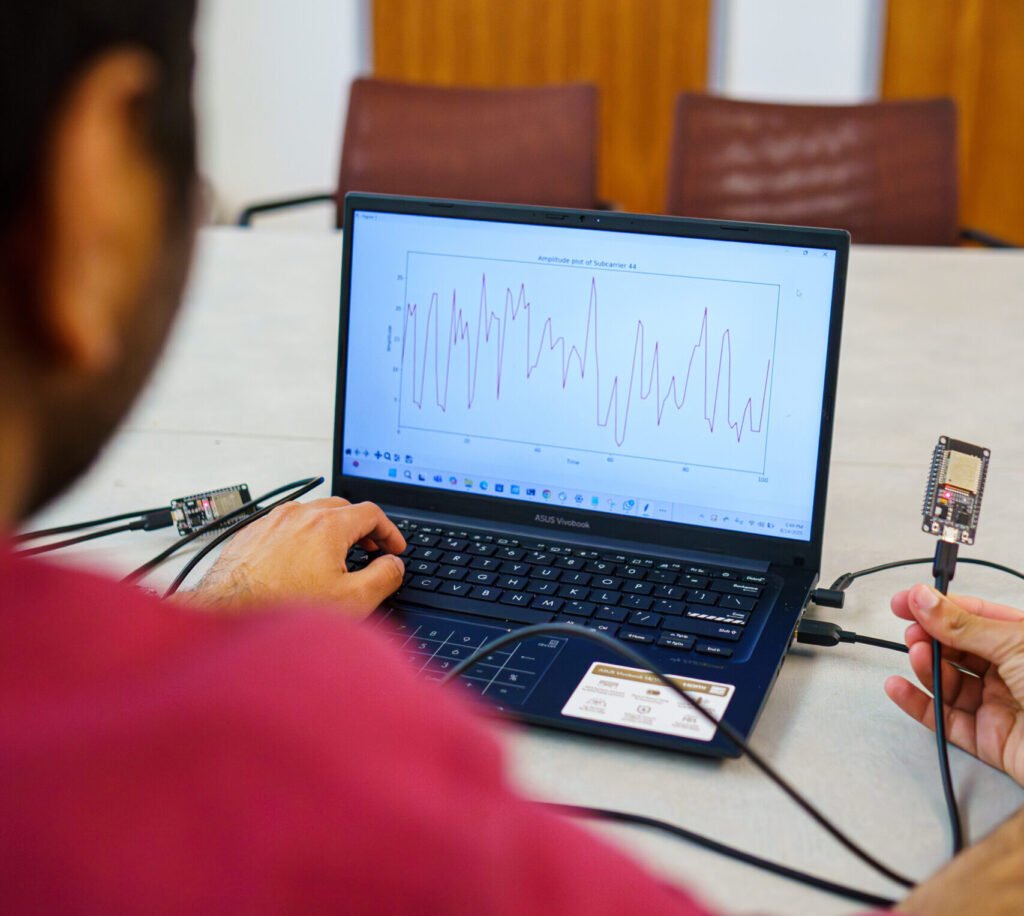4D Printed Shape Memory Stent Enables Body‑Temperature Deployment for Cardiovascular Treatment
Researchers from Waseda University in Japan have developed a new adaptive vascular stent that can automatically deploy at body temperature using 4D printing and a shape memory polymer composite. The stent is made from a polycaprolactone based material whose thermal […]

